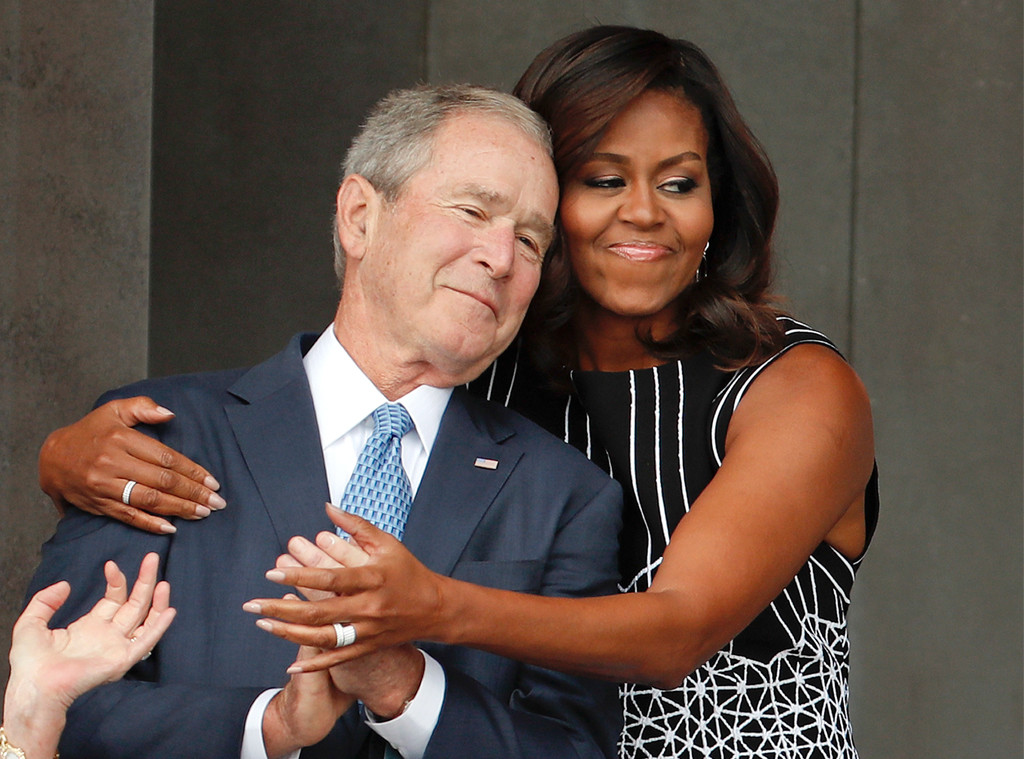Clashes at Paris protest against racism and deadly police violence
 AFP / Mohammad GHANNAMFollowing a protest against police violence, demonstrators set up a burning barricade in Paris
AFP / Mohammad GHANNAMFollowing a protest against police violence, demonstrators set up a burning barricade in Paris
Clashes broke out between police and protesters in Paris on Tuesday after around 20,000 people defied a ban to rally over the 2016 death of a black man in police custody, galvanised by US demonstrations against racism and deadly police violence.
The protesters used slogans from the American protest movement to call for justice for Adama Traore, whose death four years ago has been a rallying cause against police brutality in France.
The demonstration, which came after the release of two differing medical reports into the cause of Traore's death, had been prohibited by police citing a coronavirus ban on gatherings of more than 10 people.
The protest started in the late afternoon outside the court in northern Paris, before projectiles were thrown and the police used tear gas to disperse the crowd, AFP journalists witnessed.
 AFP / Michel RUBINELProtesters suffer from police tear gas at the rally
AFP / Michel RUBINELProtesters suffer from police tear gas at the rally
Sporadic clashes broke out near the city's main ring road, with stones thrown at the police, who responded by firing rubber bullets.
Some protesters burned bins, bicycles and scooters to set up flaming barricades on the streets.
Interior Minister Christophe Castaner responded by saying that "violence has no place in a democracy".
"Nothing justifies the behaviour that took place in Paris this evening, when protests on public streets are banned to protect everyone's health," he tweeted.
Many of the protesters drew inspiration from the protest movement raging across the United States over the police killing last week of George Floyd, an unarmed black man, holding up slogans in English such as "Black Lives Matter" and "I can't breathe".
Earlier in the day Traore's elder sister Assa spoke to the large crowd.
 AFP / STEPHANE DE SAKUTINA protester holds a sign at the Paris rally with a slogan that originated in the US over police killings
AFP / STEPHANE DE SAKUTINA protester holds a sign at the Paris rally with a slogan that originated in the US over police killings
"Today we are not just talking about the fight of the Traore family. It is the fight for everyone. When we fight for George Floyd, we fight for Adama Traore," she said.
"What is happening in the United States is an echo of what is happening in France."
Other protests were held across France, with 2,500 people attending a rally in the northern city of Lille, 1,800 in Marseille, and 1,200 in Lyon.
- Medical reports -
The Traore case has long been controversial in France.
Following a dispute over an identity check, Traore, 24, was apprehended in a house where he hid after leading police on a 15-minute chase in 2016.
 AFP / Michel RUBINELProtesters jump over the gates of the Martin Luther King park in northwestern Paris to escape tear gas
AFP / Michel RUBINELProtesters jump over the gates of the Martin Luther King park in northwestern Paris to escape tear gas
One of the three arresting officers has told investigators that they pinned Traore down with their combined bodyweight.
Traore lost consciousness in their vehicle and died at a nearby police station. He was still handcuffed when paramedics arrived.
On Friday, French medical experts exonerated the three police officers, saying that Traore did not die of "positional suffocation", ruling out the officers pinning him to the ground as the cause of his death.
Instead, the experts found Traore died of heart failure possibly brought on by underlying health conditions in a context of "intense stress" and physical exertion, as well as the presence of tetrahydrocannabinol -- the active ingredient of cannabis -- in his body.
The findings, the third official report to clear the officers, dismissed a previous medical report commissioned by the young man's family that said he had died of asphyxiation.
 AFP / Guillaume DAUDINThe huge turnout outside the Paris court at a banned protest for Adama Traore, who died in police custody in 2016
AFP / Guillaume DAUDINThe huge turnout outside the Paris court at a banned protest for Adama Traore, who died in police custody in 2016
But on Tuesday a new probe commissioned by the Traore family said that his death was caused by the arrest technique used by the officers.
The contradictory medical reports also echoes the case of George Floyd, whose preliminary autopsy said he died from pre-existing heart problems, while an autopsy arranged by his family found he died of asphyxiation from sustained pressure.
Floyd's official autopsy then confirmed he died in a homicide involving "neck compression".
- 'Not violent, nor racist' -
Paris police chief Didier Lallement, who banned the protest, earlier on Tuesday wrote a letter to police officers defending their conduct.
He said he sympathised with the "pain" officers must feel "faced with accusations of violence and racism, repeated endlessly by social networks and certain activist groups".
The Paris police force "is not violent, nor racist: it acts within the framework of the right to liberty for all", he insisted in an email to the city's 27,500 law enforcers.
 AFP / STEPHANE DE SAKUTINA new probe commissioned by the Traore family said Tuesday that his death was caused by the arrest technique
AFP / STEPHANE DE SAKUTINA new probe commissioned by the Traore family said Tuesday that his death was caused by the arrest technique
Several French officers have also been investigated for brutality against members of the public at long-running "yellow vest" anti-government rallies, and more recent anti-pension reform strikes.
Scores of protesters were maimed by rubber bullets or stun grenades, some losing an eye or a hand.
burs-dl/kaf
















